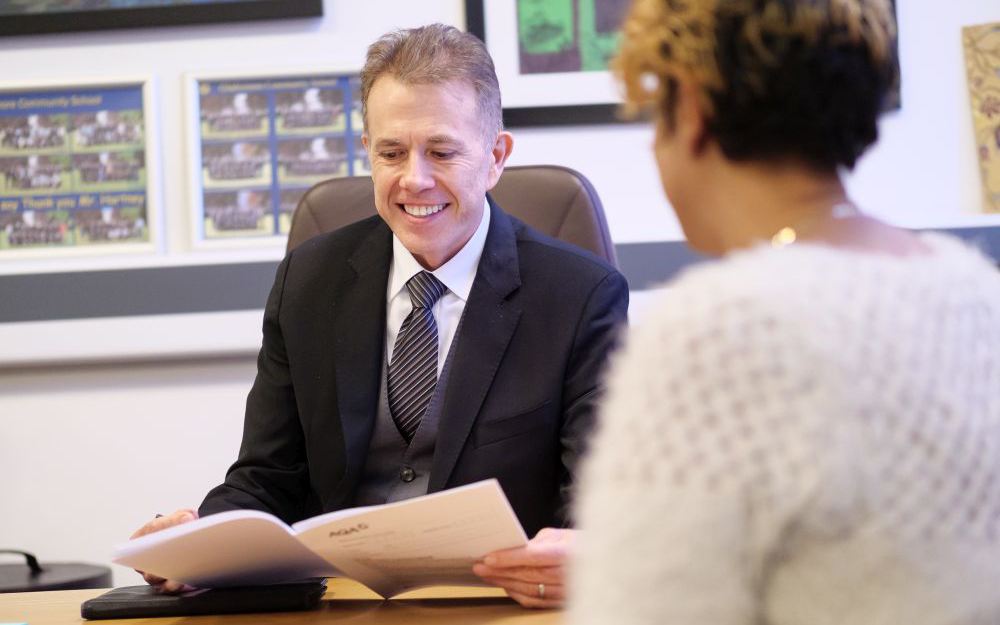
Credit: Phil Meech for IOE.
19 November 2024
By Bernie Munoz-Chereau
This commentary is adapted from Bernie’s contribution to the ESRC Education Research Programme event, ‘Democratic decision-making in English education: whose voices count?’ You can watch the event recording on UCL Mediacentral.
Imagine for one moment that you are subjected to the visit of a team of inspectors. They will come to your workplace at any time after one to three days of giving notice. When they arrive, they will spend a couple of days collecting information (i.e. observations of your performance, interviews with your colleagues and/or ‘service users’, institutional data, etc.). Then, they will use the evidence they have gathered to rate the quality of your performance, which will first be communicated to you in a meeting with you and your team, and then reiterated in a written report a few weeks later. This report will identify the name of your organisation and, once published, will be publicly available for anyone in the world with access to the Internet.
If the inspectors conclude your organisation is doing a good job, new opportunities may open up for you as its leader, such as taking on more responsibility, career progression, and even training those new in your sector and profession. If, on the contrary, the inspectors conclude the performance of the organisation you lead is poor, a spiral of decline might follow. In the worst-case scenario, your institution might be closed or taken over. Colleagues might move to other jobs, while, for those who remain, there might be fewer resources to work with.
Within England’s schools system, these latter risks are very real following a poor outcome from an inspection by Ofsted. (more…)

 Close
Close











